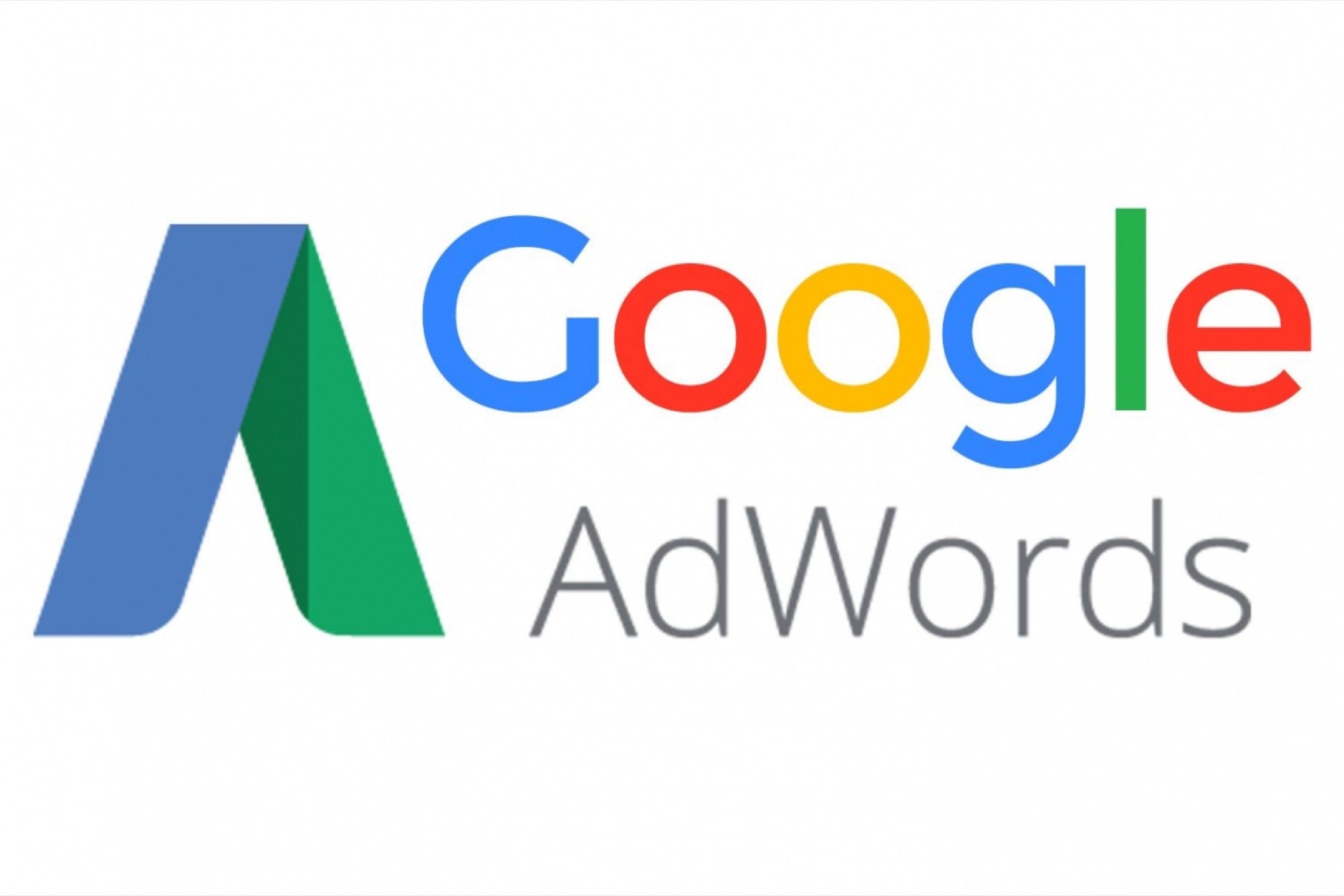Google Pay-Per-Click (PPC) campaigns are a cornerstone of digital marketing strategies for businesses seeking to achieve rapid visibility and direct responses from potential customers. As robust as it can be in driving targeted traffic, it also demands careful planning and strategic maneuvers to yield the best outcomes. A well-optimized PPC campaign can generate considerable ROI, but the flip side is true if not properly managed.
Understanding how you can boost your Google PPC strategy is vital. In this blog post, we’ll explore essential tips that can help you enhance your campaigns. These practices are designed to refine targeting, optimize spending, and maximize conversion rates, ultimately leading your business to greater success. Let’s dive into the key aspects that can transform your Google PPC efforts.
Refining Keyword Selection
A pivotal element in optimizing your PPC campaigns is improving your keyword selection process. It’s not just about choosing keywords that are popular, but aligning them closely with the intentions of searchers. For an effective approach, consider integrating long-tail keywords which have less competition and can attract more qualified leads directly interested in specific offerings or services. Additionally, using a tool like Google PPC will facilitate more precise keyword analyses and adapt to trends dynamically.
Beyond identifying the right keywords, ongoing refinement is crucial. Analyze performance data regularly to weed out underperforming keywords and to adjust bids on those that bring in high-quality traffic. Remember, effective keyword management is meticulously iterative—it embraces constant testing and learning.

Optimizing Ad Copy
Eloquent ad copy is the foundation of any successful PPC campaign. Compelling messages that echo with target audiences will drive more clicks. Begin by ensuring your main value proposition stands out distinctly; clarity converts. Align your ad copy with the landing page message to maintain consistency in user expectations from click to conversion.
Incorporate strong calls-to-action (CTAs) that motivate users to engage further—be it subscribing to a newsletter or completing a sale. Always be testing variations of your ads; A/B testing can uncover powerful insights about what resonates best with your audience.
Enhancing Landing Pages
The effectiveness of your PPC campaign heavily relies on landing page experience. A seamless transition from ad copy to landing page increases the likelihood of conversion by ensuring message congruity and meeting user expectations set by the ad. Design landing pages with a strong focus on usability, speed, and accessibility.
Leverage conversion rate optimization (CRO) techniques such as simplified forms, persuasive yet straightforward content, and persuasive design elements that direct users towards taking action. Continual testing and optimization based on analytics will help fine-tune user experiences leading to improved conversion outcomes.
Leveraging Ad Extensions
Ad extensions are a critical feature within Google Ads that can significantly increase your ad’s visibility and effectiveness. These extensions provide additional information and interactive elements that are not available in standard ads such as site links, callouts, or structured snippets.
Utilize location extensions for local businesses, call extensions for service-oriented businesses, or promotion extensions for e-commerce stores. Each extension enriches your ads with more useful details or engaging opportunities for potential customers, thus potentially increasing click-through rates (CTR) and providing valuable extra space on SERPs.
Utilizing Smart Bidding Strategies
Google’s smart bidding offers a powerful set of automation tools based on machine learning technologies designed to optimize bids at each auction dynamically. This takes into account a multitude of signals that humans simply cannot process at scale like time of day, device type, demographics, past online behaviors, etc.
Implement strategies like Target CPA (Cost Per Acquisition), Target ROAS (Return On Ad Spend), Maximize Conversions, or Enhanced CPC (Cost-Per-Click). These features aim at maximizing results based on the specific goals set within predefined budgets. However, monitor performance meticulously to ensure smart bidding adheres to expected cost-efficiency standards.
In conclusion, powering up your Google PPC campaigns requires an integrative approach encompassing meticulous keyword selection, dynamic ad creation, optimized landing pages, strategic use of ad extensions, and leveraging advanced automated bidding strategies. Master these elements and watch as your campaigns grow more efficient and profitable over time.
To truly excel in Google PPC management continually stay abreast of platform updates and evolving best practices—always testing new tactics within the framework of systemic data analysis to inform decisions ensuring competitive edge in highly dynamic search environments.

